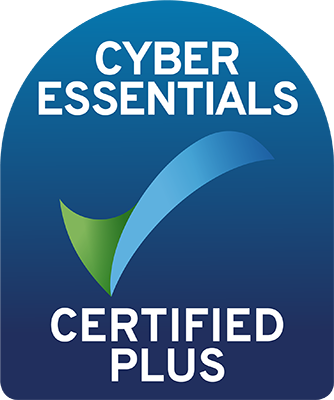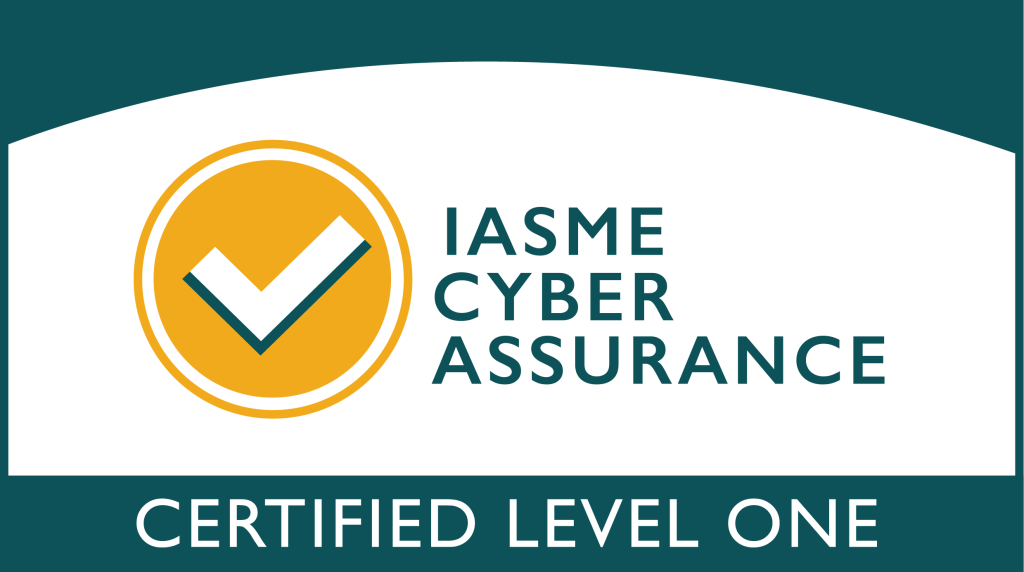Digital badges are coming soon as part of Professional Status.
Globally the way we consume information continues to shift from paper based to digital platforms, with the UK proving no exception to this rule.
Take internet usage for example – the latest statistics from January 2025 show there were 67.8 million internet users in the UK, that’s a staggering 97.8% of the population*. When it comes to social media, at the start of 2025 a huge 87% of all over 18s were using social media in the UK*.
The current landscape dictates that digital platforms are now a necessity for effectively communicating with stakeholders, therefore evolving the way we certify an individual’s credentials is a necessary step in order to increase the recognition of our sector’s competencies and achievements.
Don’t forget – all full members will soon have access to digital badging as part of Professional Status. Keep reading for more information.
With this in mind, it will come as no surprise to hear that digital badges are predicted to increase further in popularity^ and become the trusted way in which to verify someone’s achievements and allow them to differentiate themselves from competitors.
What is a digital badge?
A digital badge is an online representation of a learning outcome, experience or competency that can be shared and verified online in a way that is easy and secure.
Each badge links to verifiable live data which confirms what, where, and how an individual has earned that achievement, making them more reliable, effective and secure than a paper-based certificate.
Are digital badges effective?
When it comes to communicating and showcasing any skills acquired or competencies gained, digital badges are an incredibly powerful tool that offer tangible recognition on a multitude of digital platforms that have significant capabilities in terms of reach.
Designed with mass consumption in mind, digital badges can typically be shared via platforms such as email signatures, within your website, as part of an e-portfolio or digital CV, on professional networking sites like LinkedIn, and on social media sites like Facebook, Instagram and X.
What is to stop somebody from copying a digital badge?
All reputable providers of digital badging solutions have robust verification processes to ensure each and every badge is genuine and can efficiently be verified and identified as genuine.
When somebody clicks on a digital badge they will be presented with information such as the issuer, the criteria achieved and evidence of any achievements.
Whilst it may be achievable to recreate the design of digital badges, the lack of verifiable data and issuer verification mean it is often clearly apparent when a badge is a counterfeit.
Can you have multiple digital badges?
Digital badges are designed to be stackable and as such can help to quantify and communicate the various achievements of an individual over a period of time.
Through their often standardised look and feel, they serve as an effective platform to differentiate an individual’s skillset development and accomplishments, and showcase the multiple achievements and skills acquired through a career.
Next step – Professional Status
We are committed to supporting our members with the necessary tools to achieve their professional goals and gain the professional recognition they deserve.
That’s why as part of the launch of Professional Status in September, all full members will be issued with a digital badge to allow for effective and efficient showcasing of skills, qualifications and experience to both existing and prospective clients, peers, employers, the public and professionals in other sectors.
Keep an eye out for more information related to Professional Status in the coming weeks.
Read more – Professional status and recognition – what’s it all about?
*https://datareportal.com/reports/digital-2025-united-kingdom
^https://www.gminsights.com/industry-analysis/digital-badges-market




